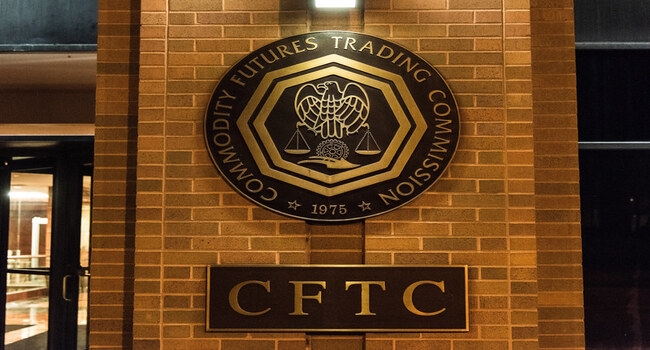Highlights:
- Caroline Pham led CFTC to launch spot crypto trading on regulated futures exchanges.
- The agency expects public feedback on the rules to be open until August 18.
- Crypto Sprint aims to speed up digital asset integration using current CFTC powers and industry input.
The Commodity Futures Trading Commission, an independent agency of the US government created in 1974, has unveiled a plan to permit spot crypto trading on federally registered futures exchanges. Acting Chair Caroline Pham introduced the proposal on Monday as the first step in a broader federal initiative. The plan uses existing rules under the Commodity Exchange Act to allow immediate integration of digital assets into regulated U.S. markets.
.@CFTCpham Launches Listed Spot Crypto Trading Initiative: https://t.co/9xe6wj4VXB
— CFTC (@CFTC) August 4, 2025
Exchanges like CME Group operate as designated contract markets. The exchanges are guided by stringent federal regulations on market integrity, surveillance, and consumer protection. The new proposal would provide them with the authority to list physically settled crypto contracts. This would provide direct buyer and seller asset exchange compared to futures, where prices depend on future markets.
Pham explained that federal law already requires retail commodity trades involving leverage or margin to occur on a DCM. Based on this rule, she believes the CFTC has the authority to move forward without needing new legislation. The proposal focuses on clarity and speed to give investors access to spot crypto markets under federal oversight. She also invited public involvement to refine the framework using feedback and collaboration.
CFTC to Launch Spot Crypto Trading as SEC Advances Own Plan
The CFTC has opened a public comment period that will run until August 18. Stakeholders can submit feedback through the agency’s website to guide the development of the final structure. The commission wants input on listing standards, market safeguards, and how the proposed framework should interact with securities laws.
The proposal comes as the SEC advances its own digital asset plan. SEC Chair Paul Atkins has recently launched Project Crypto to bring clarity to the legal form of blockchain-based assets. The current project will remove the ambiguity surrounding the Howey Test, which is supposed to tell whether a token is a security. The SEC and CFTC are now harmonizing their actions to prevent overlapping regulation of digital assets.
Pham emphasized the need to keep the process simple. She dismissed the idea of adopting complex regulations like Europe’s MiCA law. She believes the CFTC can act now to protect consumers while expanding access to digital assets. Her statement calls for participation from exchanges, developers, and legal professionals to help shape a practical rulebook. She said the proposal aims to preserve U.S. leadership in digital finance without waiting for Congress to pass new laws.
Crypto Sprint Signals a Shift Toward Simplified Market Regulation
The new plan is part of the recently launched Crypto Sprint. This internal program aims to fast-track the integration of digital assets into the federal trading system. Pham said the sprint will guide the actions of the agency over the next 18 months. She emphasized a practical set of rules that align with the current legal framework.
.@CFTCpham Announces CFTC Crypto Sprint: https://t.co/EzsXfbOj43
— CFTC (@CFTC) August 1, 2025
The Crypto Sprint aims to prevent undue delays on complicated rule-making. It focuses on making digital markets safer and more accessible through established procedures. Pham stated that public feedback will play a central role in this process. The commission expects stakeholders to help identify potential risks and propose safeguards.
Best Crypto Exchange
- Over 90 top cryptos to trade
- Regulated by top-tier entities
- User-friendly trading app
- 30+ million users
eToro is a multi-asset investment platform. The value of your investments may go up or down. Your capital is at risk. Don’t invest unless you’re prepared to lose all the money you invest. This is a high-risk investment, and you should not expect to be protected if something goes wrong.






